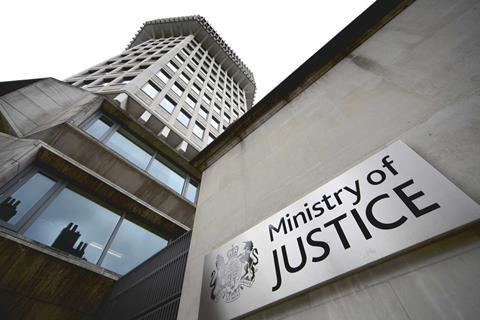The Ministry of Justice has defended its evaluation of pre-recorded video evidence that suggested the special measure made little difference to rape conviction rates, after being grilled by MPs on why the department's report and a bigger study conducted by an eminent academic reached different conclusions.
The ministry’s impact evaluation of pre-recorded cross-examination for vulnerable and intimated witnesses, which was published in March, contradicted an MoJ-commissioned study published last year by the University of London’s Professor Cheryl Thomas, a leading expert on courts, judges and juries.
The ministry’s evaluation found section 28 had little impact on a jury’s decision to acquit or convict. Thomas’s study found an average of 20% fewer rape convictions in trials that used pre-recorded evidence; conviction rates were 10% lower in trials overall.
Asked for her assessment on the ministry’s research, Thomas told the House of Commons justice select committee yesterday that the department did not look at every jury verdict in section 28 cases and instead used a ‘principal offence approach’.

Thomas said most cases have multiple charges, juries have to return multiple verdicts and quite often those multiple charges have exactly the same seriousness to them. She gave the example of a case involving 10 charges of rape where the jury returned one guilty verdict and nine acquittals.
‘The MoJ only counted the one conviction and did not count any of the nine acquittals. So in effect, their approach… did undercount jury acquittals using section 28. We looked at every single jury verdict – over 11,000 verdicts using section 28. [The ministry] only looked at 2,000 cases, so they have excluded over 80% of the jury verdicts using section 28 in that period,' Thomas said.
Alex Wilks, the ministry’s chief economist, told the committee that section 28 is recorded at case level. Assessing section 28 at charge level would have required the ministry to make assumptions, potentially introducing bias into its analysis.
Wilks said the evaluation was limited to a time period when section 28 was being rolled out, allowing the department to compare courts where section 28 was and was not in force.
Amy Randall, the ministry's victims policy director, told the committee the department stood behind its evaluation, which was independently peer reviewed.
This article is now closed for comment.



























5 Readers' comments